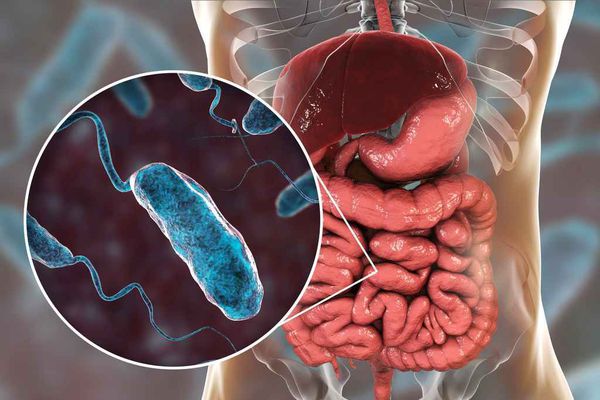Cholera is an acute, contagious infectious disease caused by a bacterium: the cholera vibrio (Vibrio cholerae). This bacterial disease usually spreads through contaminated water, says Prof. Dr. Carmen Dorobăț.
Cholera is associated with severe, watery diarrhea, fluid and electrolyte loss, and severe dehydration. If not diagnosed and treated, cholera can be fatal in just a few hours, “even in people with strong immune systems,” warn infection doctors.
The symptoms of cholera are: watery diarrhea, vomiting, muscle cramps, massive and rapid loss of fluids causing severe dehydration.
Cholera can even lead to death due to a strong toxin (CTX) that the bacterium produces in the small intestine. This toxin binds to the intestinal walls, where it interferes with the normal flow of sodium and chloride. This causes the body to secrete huge amounts of water, which leads to diarrhea and a rapid loss of fluids and salts (electrolytes).
Contaminated water and food are the main source of cholera infection, but uncooked fruits and vegetables can also contain the bacteria that cause cholera.
Prompt administration, consisting of rehydration either by intravenous infusion or orally, but also an antibiotic to limit the risk of the bacterium spreading in the body, can ensure healing.
recommendation
Prof. Dr. Carmen Dorobăț recommends us to respect the basic hygiene measures: hand washing before and after eating, preparing food and using the toilet: washing the vegetables and fruits in a strong jet; thermal preparation of food; pay attention to the water sources so that it is drinkable, as bottled water is indicated; be careful, including where we bathe, not to swallow water, to make sure that water can enter through the nose, and to take a shower after getting out of the water.
“People who come from areas where there are cases of cholera must be checked for health, and those who go to those areas must take care of everything that means hygiene conditions, including areas where they are staying, places where they are fed and where I drink water from “, says Prof. Dr. Dorobăț.
–


